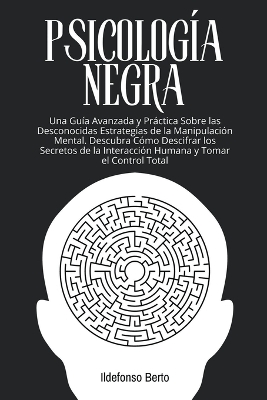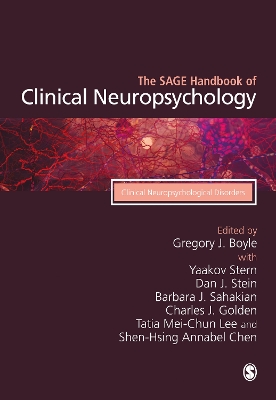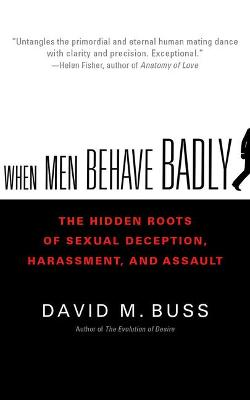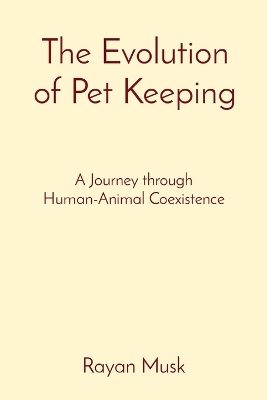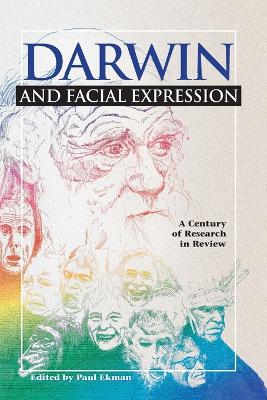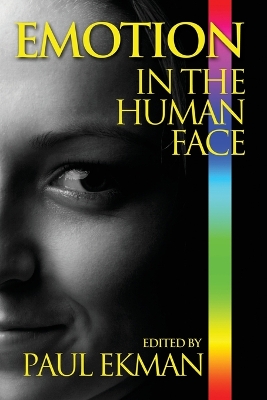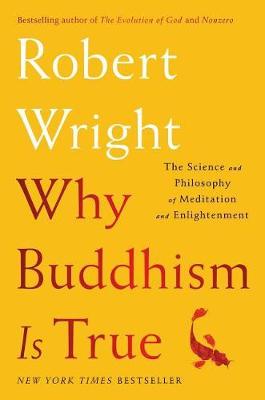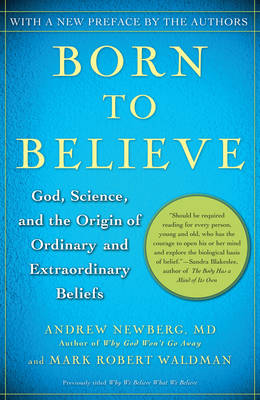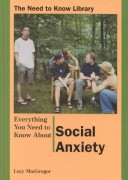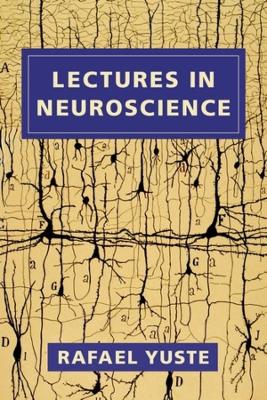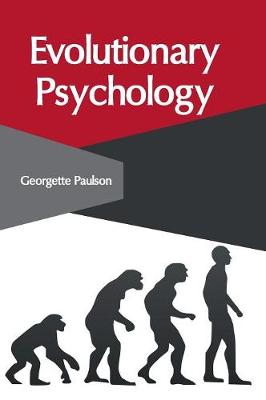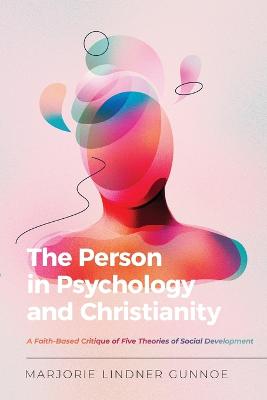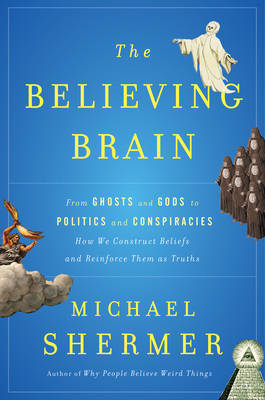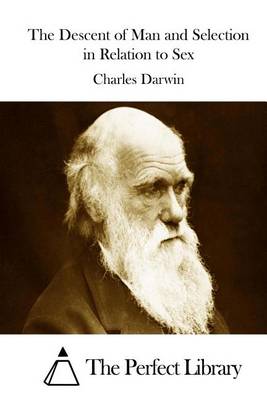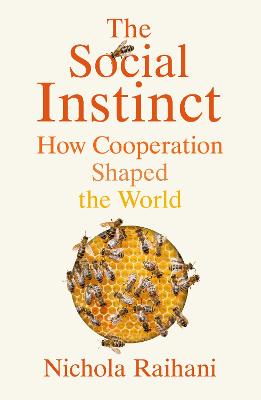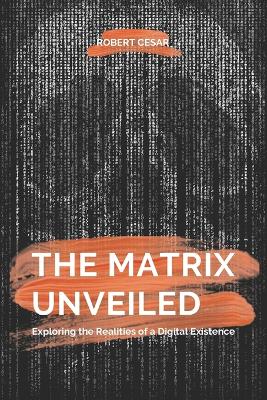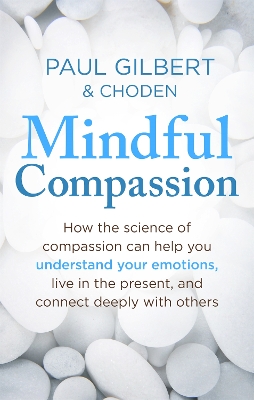Psychological research has produced a rich body of empirical data documenting humanity's propensity to commit infidelity in the context of long-term relationships, but comparatively little work has been dedicated to synthesizing these data into an integrated framework that encompasses the full range of its processes, from why it occurs in the first place to how it affects the long-term relationship thereafter. This edited handbook integrates a broad range of topics such as characteristics rela...
The SAGE Handbook of Clinical Neuropsychology
Clinical Neuropsychology is a vast and varied field that focuses on the treatment, assessment and diagnosis of a range of cognitive disorders through a study and understanding of neuroanatomy and the relationship between the brain and human behavior. This handbook focuses on specific Neuropsychological disorders. It covers each of the classification systems involved before moving on to specific types of disorders from neurodevelopmental to neuropathological as well as brain injuries, trauma and...
The Evolution of Pet Keeping: A Journey through Human-Animal Coexistence
by Rayan Musk
Darwin and Facial Expression
Emotion in the Human Face
by Professor of Psychology Paul Ekman, Joseph C Hager, and Harriet Oster
Updated fully, this accessible and comprehensive text highlights the most important theoretical, conceptual and methodological issues in cognitive neuroscience. Written by two experienced teachers, the consistent narrative ensures that students link concepts across chapters, and the careful selection of topics enables them to grasp the big picture without getting distracted by details. Clinical applications such as developmental disorders, brain injuries and dementias are highlighted. In additio...
New York Times Bestseller From one of America’s greatest minds, a journey through psychology, philosophy, and lots of meditation to show how Buddhism holds the key to moral clarity and enduring happiness. Robert Wright famously explained in The Moral Animal how evolution shaped the human brain. The mind is designed to often delude us, he argued, about ourselves and about the world. And it is designed to make happiness hard to sustain. But if we know our minds are rigged for anxiety, depress...
Born to Believe was previously published in hardcover as Why We Believe What We Believe. Prayer...meditation...speaking in tongues. What do these spiritual activities share and how do they differ? Why do some people believe in God, while others embrace atheism? From the ordinary to the extraordinary, beliefs give meaning to the mysteries of life. They motivate us, provide us with our individual uniqueness, and ultimately change the structure and function of our brains. In Born to Believe...
The human brain is perhaps the most intricate and fascinating object in the known universe. Through a mysterious process, the activity of billions of neurons within a few pounds of matter generates the unfathomable complexity of the mind. This book is a conversational and accessible introduction to the brain. Beginning from basic elements of neuroscience, the acclaimed scientist Rafael Yuste guides readers through increasingly sophisticated topics, developing a unified framework for how the bra...
The Person in Psychology and Christianity (Christian Association for Psychological Studies Books)
by Marjorie Lindner Gunnoe
Integral to a Christian worldview and to psychology are foundational questions about personhood: What characteristics are essential? What is our purpose? Do we naturally incline toward good or bad? Are we accountable for self and responsible for others? In The Person in Psychology and Christianity, developmental psychologist Marjorie Gunnoe demonstrates how the integration of theological and psychological perspectives offers a more comprehensive understanding of personhood than either approach a...
In this work synthesizing thirty years of research, psychologist, historian of science, and the world's best-known skeptic Michael Shermer upends the traditional thinking about how humans form beliefs about the world. Simply put, beliefs come first and explanations for beliefs follow. The brain, Shermer argues, is a belief engine. From sensory data flowing in through the senses, the brain naturally begins to look for and find patterns, and then infuses those patterns with meaning. Our brains con...
The Descent of Man and Selection in Relation to Sex (Cambridge Library Collection - Darwin, Evolution and Genetics, Volume 1)
by Charles Darwin
In his introduction, Darwin reveals that for many years he had no intention of publishing his notes on this topic, 'as I thought that I should thus only add to the prejudices against my views'. By 1871, he felt that his fellow scientists would show a greater openness of mind to his arguments, even when taken to their logical conclusion and applied to the descent of man from the apes - the aspect of his theory which had been so widely mocked since the notorious question asked by Bishop Wilberforc...
Nautilus Award Gold Medal Winner, Ecology & Environment In Matter and Desire, internationally renowned biologist and philosopher Andreas Weber rewrites ecology as a tender practice of forging relationships, of yearning for connections, and of expressing these desires through our bodies. Being alive is an erotic process—constantly transforming the self through contact with others, desiring ever more life. In clever and surprising ways, Weber recognizes that love—the impulse to establish conne...
Why cooperate? This may be the most important scientific question we have ever, and will ever, face. The science of cooperation tells us not only how we got here, but also where we might end up. Cooperation explains how strands of DNA gave rise to modern-day nation states. It defines our extraordinary ecological success as well as many of the most surprising features of what make us human: not only why we live in families, why we have grandmothers and why women experience the menopause, but also...
Enhanced Multimedia PowerPoint Slides for Introduction to Biopsychology, Global Edition
by John Pinel
Based on the latest work from Professor Paul Gilbert OBE, bestselling author of The Compassionate Mind, and Buddhist expert Choden. Professor Gilbert has spent the past twenty years developing a new therapy called Compassion-Focused Therapy (CFT) which has an gained international following. In recent years, mindfulness is being used increasingly to treat common mental health problems such as depression, stress and stress-related insomnia. In this ground-breaking new book, Professor Gilbert, alo...

